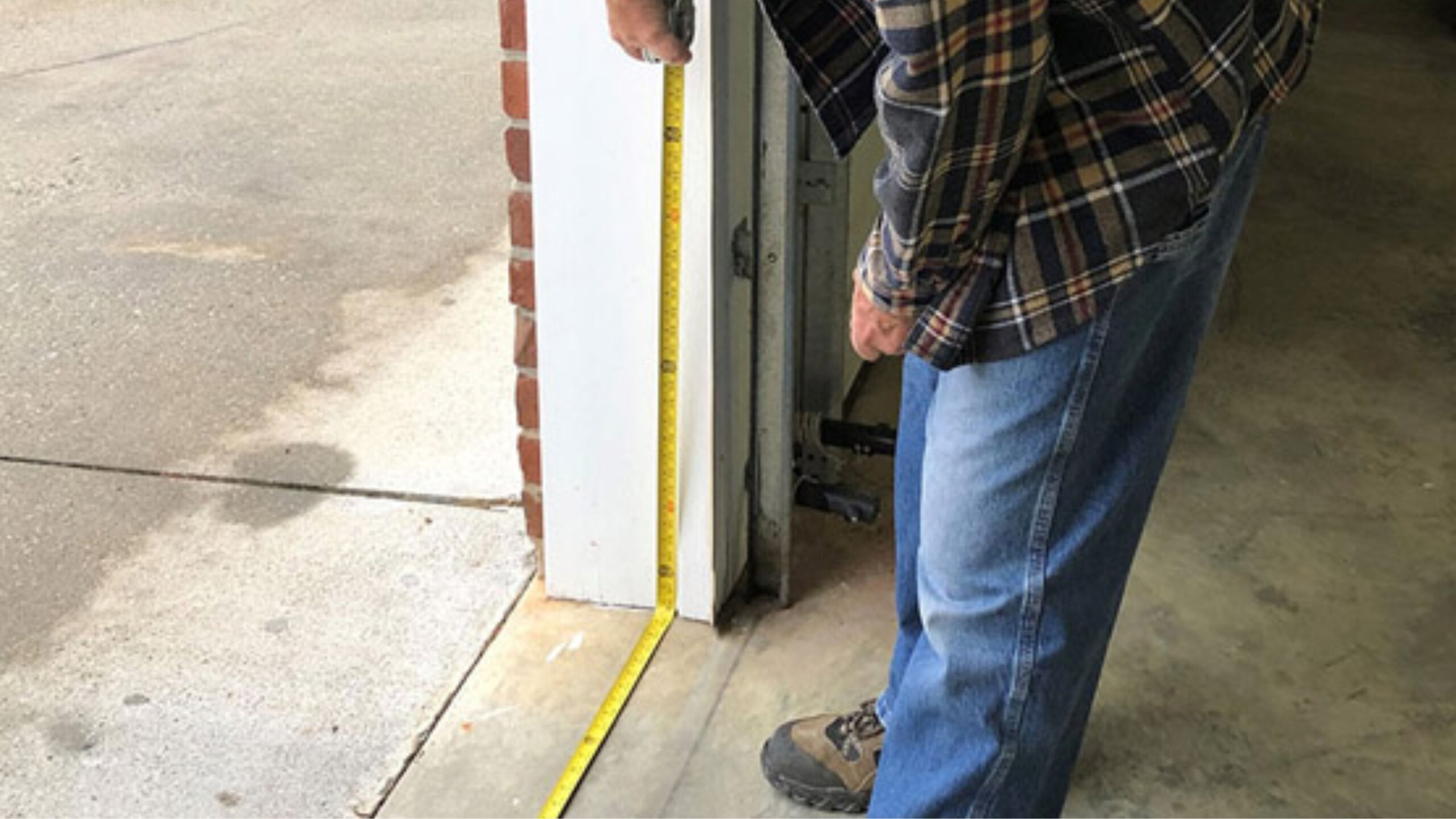A Papillion, NE, resident called Titan Garage Door NE for garage door repair service. They were ready to exit the garage when they heard a loud noise and saw the door crash while opening. We dispatched a team immediately and found a broken torsion spring. The poor maintenance resulted in rusting and corrosion, which shortened the spring's lifespan. Our team advised the client to replace their garage door spring with more durable ones that could withstand 20,000 cycles. We finished the garage door spring replacement within an hour. After conducting some tests, we confirmed that the garage door was functioning properly once again. The owner was relieved to be able to operate the door safely and grateful for our advice on keeping their garage door in good condition.
Many homeowners use their garage door as a second entrance. The garage door and all its moving parts are one of your home's most used components, so they require maintenance. It includes regularly checking the parts and replacing springs and rollers as needed. There are two types of springs used in garage doors; the extension spring and the torsion spring.
Learn More About the Types of Garage Door Springs
Torsion Springs
Torsion springs are the more common type of garage door spring, and they are necessary for every garage door. Torsion springs differ from extension springs because they do not extend when the door is opened or closed. Instead, they twist, making them more versatile and long-lasting. On average, torsion springs can last up to 20,000 opening and closing cycles.
Extension Springs
Extension springs expand and contract when your garage door opens and closes. They balance out the weight of the doors to make them simple to open and close. The door's weight pulls on one end, fixed to a bracket or angle that is not moving. Over time, these springs can wear down, especially with heavy use. They can last up to 10,000 open and close cycles with proper care.
Tips for maintaining garage doors
The durability of your garage door will depend on various factors, including how frequently you use the door and whether you undertake routine maintenance. However, regular maintenance can help keep your garage door in optimal condition. Neglecting this important task will result in a shorter lifespan for your garage door. When performing maintenance, keep in mind the following:
Unplug the garage door opener
Unplug the opener and start with a visual inspection of the entire unit. Look for any rusty or broken parts, including springs, tracks, fasteners, cables, and wheels.
Lubricate each moving component
Using the right lubricant is important, such as an industrial, non-silicone lubricant rather than WD-40. It is because WD-40's ingredients make it act more like a cleaning solution than a lubricant. To keep your garage door operating smoothly, lubricate the torsion springs to help them run more efficiently and extend their lifespan.
Clean the door tracks
There is a common misconception that lubricating garage door tracks and bearings are the keys to keeping them functioning properly. That may be partially true; however, the reality is that keeping these components clean is much more effective. Additionally, it is important to avoid using grease on moving parts of your garage door. Over time, grease can become sticky and attract debris, damaging springs, rollers, or tracks.
Check the garage door rollers
Different garage door rollers can impact how easily the door opens and closes and the amount of strain placed on the door springs. Therefore, check all rollers regularly for wear and tear, especially those made from nylon which can break down over time. Uneven tracking of steel rollers may signal that the bearings or roller body are severely worn and need replacement. If you want professional servicing, contact a local garage door company for help.
Garage Door Service Near Me
Are you a busy homeowner who never seems to have time for garage door maintenance? Let us help! Titan Garage Doors offers economical maintenance packages that keep your garage door secure and functional. For free estimates, call us today.
 HAVE ANY QUESTIONS?
HAVE ANY QUESTIONS? 




Comments: